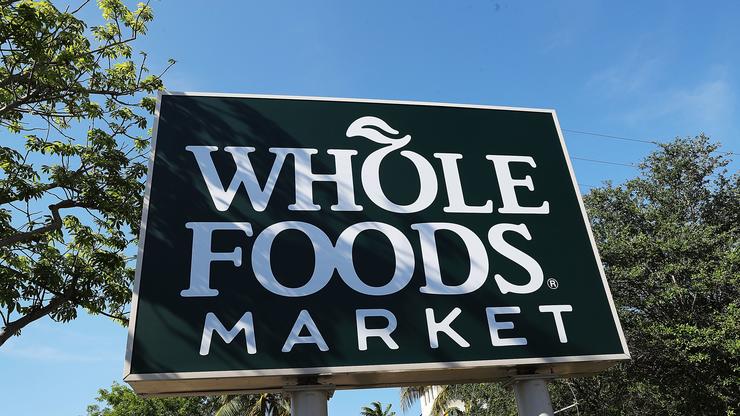Whole Foods suggested that employees donate their paid time off to their co-workers who have contracted coronavirus and must stay home, and the billion-dollar company is getting torn apart. An email from Whole Foods CEO John Mackey that was obtained by Vice's Motherboard, the contents of which have proved very controversial. In the email, Mackey explained the company's protocol for sick leave and paid time off during the interference of the coronavirus pandemic. He told employees that they may take unlimited, unpaid time off throughout the month of March if they wish to take that precaution. However, employees that test positive for coronavirus will receive two weeks of paid sick leave.
 Joe Raedle/Getty Images
Joe Raedle/Getty Images
This begs the question: what if those who have contracted the deadly virus need more than two weeks to stay in quarantine and recover their health, but can't afford to go without pay? Well, Mackey suggested that non-infected employees use the option to donate their paid time off to their co-workers who have found themselves in this compromising position. "Team Members who have a medical emergency or death in their immediate family can receive donated PTO hours," the email stated, "not only from Team Members in their own location, but also from Team Members across the country." Considering Whole Foods is owned by Amazon, which was founded by the richest man in the world, Jeff Bezos, this suggestion that workers divide up their own benefits to help their fellow employees was seen as absurd. Many were outraged by the billion dollar company's failure to fully look out for their employees.
A Whole Foods cashier spoke to Motherboard about their frustration with the company's suggestion. "Considering [Whole Foods] is a billion dollar company, I think it is selfish asking the retail workers to figure it out within themselves," the anonymous person said. "The response from [Whole Foods and Amazon] has been quite poor, being a front end cashier I feel like we are the most exposed to the situation ... Some of us have sick family members [whose] immune system is weak and [it] could be quite dangerous if they catch this virus."





